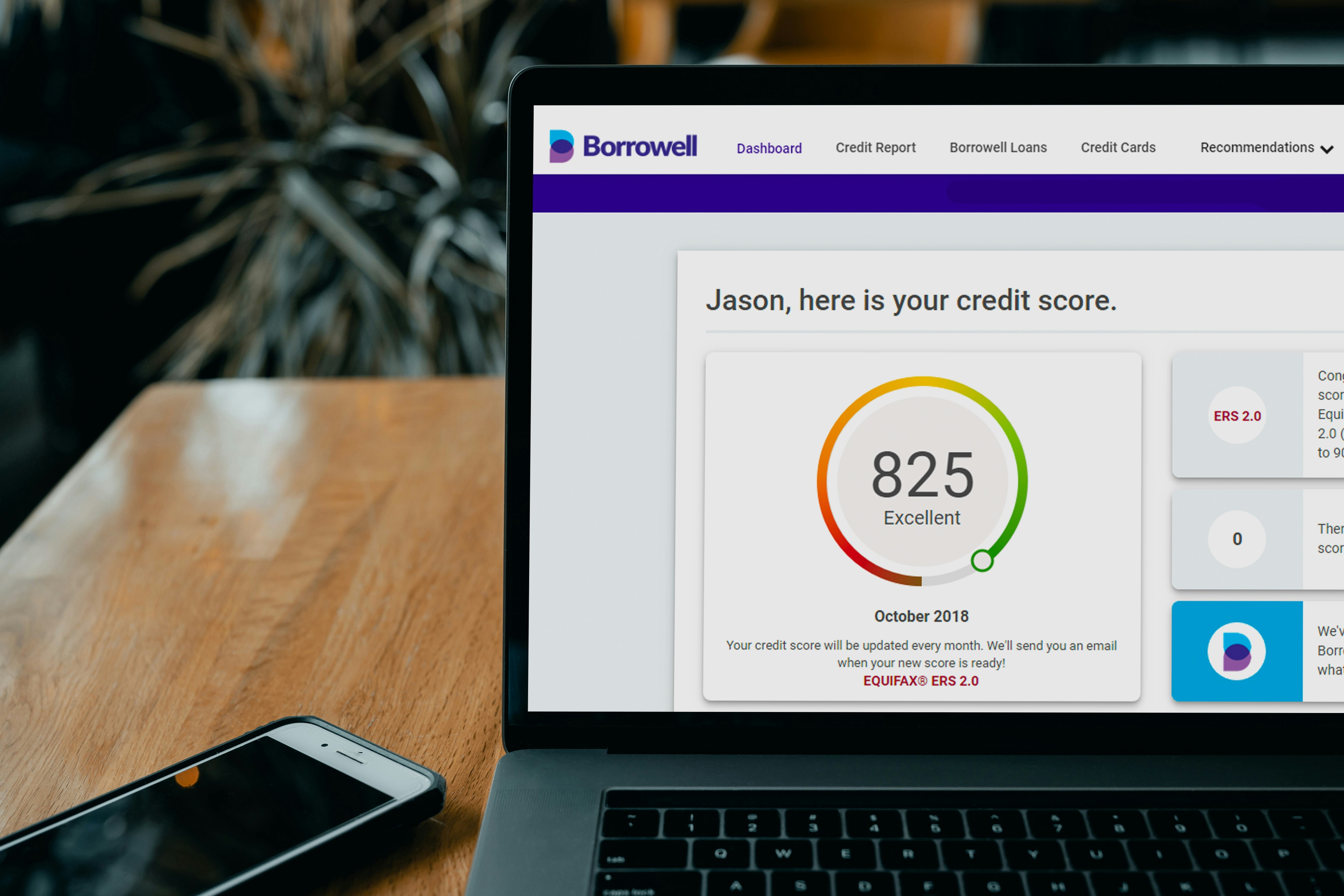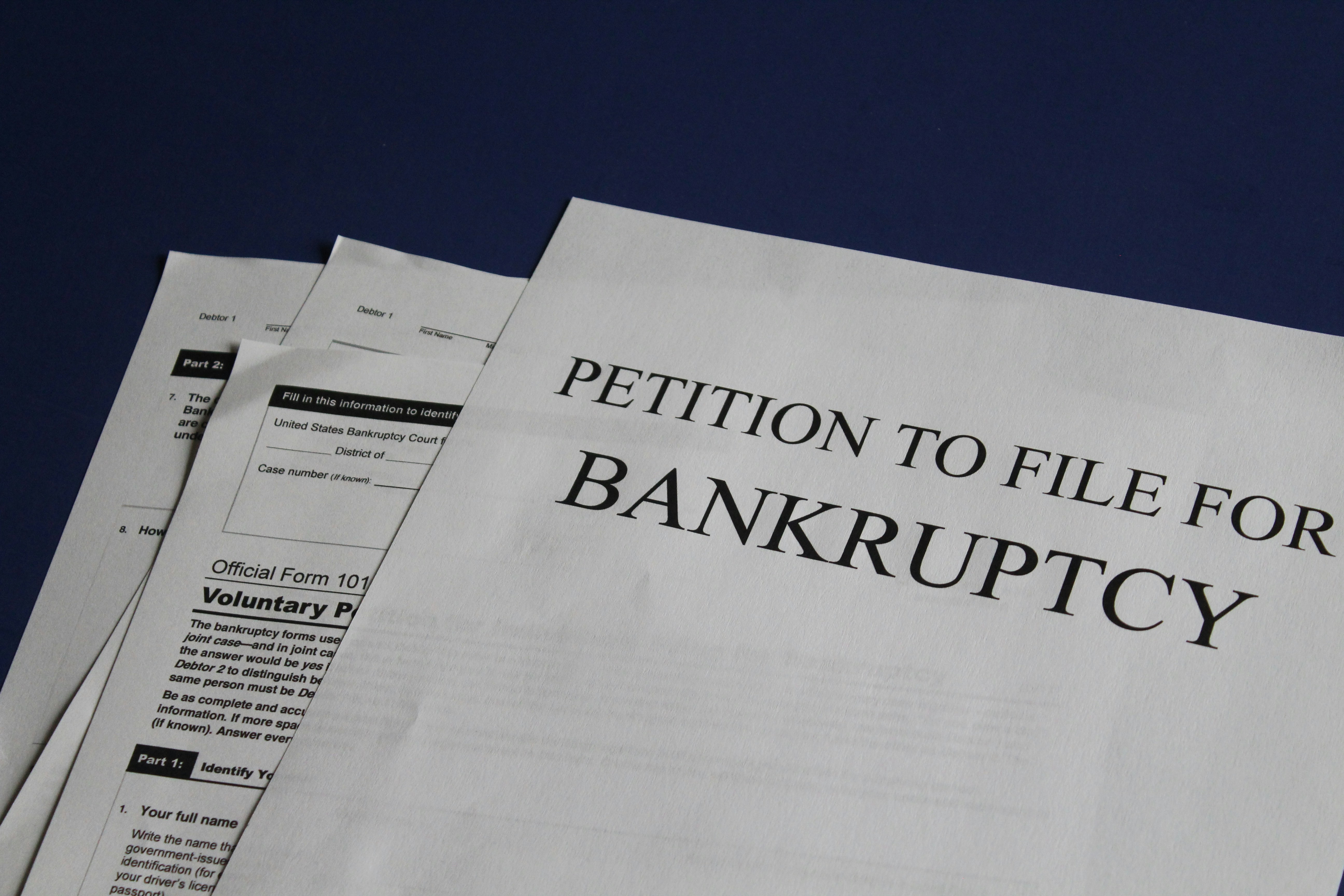Latest posts
Understanding Credit Score Simulators: How They Work and Their Benefits
What is a Credit Score Simulator? A credit score simulator is a tool designed to help individuals understand how different financial decisions can affect their credit scores. By providing a platform for users to model various scenarios, these simulators allow consumers to predict and visualize the potential impacts of actions such as increasing credit utilization,…
Understanding the Difference Between FICO Score and Credit Score
What is a Credit Score? A credit score is a numerical representation of an individual’s creditworthiness, reflecting their ability and likelihood to repay borrowed funds. This score typically ranges from 300 to 850 and is calculated based on various components of a person’s credit history. Lenders, such as banks and credit card companies, utilize this…
Understanding Credit Scores: Does Checking Your Score Lower It?
What is a Credit Score? A credit score is a numerical representation of a person’s creditworthiness, typically ranging from 300 to 850. This score is calculated based on an individual’s credit history, encompassing various factors that reflect their ability to repay debts. Lenders utilize credit scores as a critical tool to assess the risk involved…
Understanding the Importance of a Good Credit Score
What is a Credit Score? A credit score is a numerical representation of an individual’s creditworthiness, reflecting their ability to manage credit and repay loans. Typically ranging from 300 to 850, a higher score indicates a more favorable credit profile. Financial institutions rely on credit scores to assess the risk associated with lending to consumers…
Understanding the Impact of Paying Off Credit Cards on Your Credit Score
The Basics of Credit Scores A credit score is a numerical representation of an individual’s creditworthiness, ranging typically from 300 to 850. This score is crucial for various financial decisions, including obtaining loans, mortgages, and even rental agreements, as it indicates the risk associated with lending money to a person. Higher credit scores generally result…
How to Remove a Paid Collection from Your Credit Report
Understanding Paid Collections Paid collections refer to debts that have been sent to a collection agency after the borrower defaulted on payment. Once the borrower pays off this debt, whether in full or as part of a settlement, the collection account is marked as “paid” on their credit report. While this status is more favorable…
A Comprehensive Guide to Checking Your Credit Report and Filing Disputes
Understanding the Importance of Your Credit Report A credit report is a detailed record of an individual’s credit history, compiled by credit reporting agencies. It encompasses various financial data, including credit accounts, payment history, and inquiries made by lenders. Regular monitoring of your credit report is essential due to its direct impact on significant financial…
Understanding Your Credit Report: Key Insights and Components
What is a Credit Report? A credit report is a detailed record of an individual’s credit history and is a fundamental component of personal finance. It provides a comprehensive overview of an individual’s borrowing and repayment behavior, enabling lenders to assess creditworthiness. This document is generated by credit bureaus based on information collected from various…
Understanding Bankruptcy: How It Works, Types, and Consequences
What is Bankruptcy and How Does It Work? Bankruptcy is a legal process designed to assist individuals and businesses who find themselves unable to repay their outstanding debts. This process provides a framework for the orderly resolution of debt, and aims to offer financial relief while ensuring fairness to creditors. Under bankruptcy law, which varies…
Understanding Charge-Offs: What They Are and How They Impact Your Credit
What is a Charge-Off? A charge-off occurs when a creditor decides that a debt is unlikely to be collected, typically after several months of missed payments. This decision is a formal acknowledgment that the borrower has not made payments as agreed, prompting the lender to write off the amount as a loss. Generally, creditors begin…



